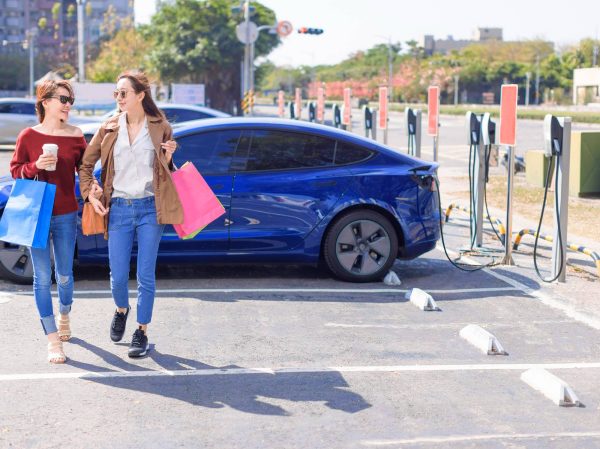Just as you expect to find shopping trolleys and parent-and-child parking spaces at your local supermarket, electric vehicle (EV) charging points are becoming an increasingly common sight in these retail hubs. This transformation isn’t happening by chance—it’s being actively shaped by UK legislation and government strategy.
The Legal Framework
The Automated and Electric Vehicles Act 2018 laid the groundwork for expanding EV charging infrastructure across the UK. For large fuel retailers and service areas, which often include supermarket forecourts, the Act gives the government power to require the installation of public charging points. Think of it as similar to how shops must provide disabled access—it’s about ensuring essential services are available to all.
Supermarkets Leading the Charge
Major UK supermarkets have already embraced this transition. According to data cited in the UK Electric Vehicle Infrastructure Strategy, leading chains including Tesco, Waitrose, Morrisons, and Asda have partnered with charging providers to install points across their estates. For example, Shell announced a partnership with Waitrose in 2021 to install hundreds of charging points at their stores by 2025.

Smart Charging Innovation
The legislation doesn’t just focus on quantity—it’s also about quality. The Electric Vehicle Smart Charging Action Plan, published in January 2023, encourages innovative charging solutions at destinations like supermarkets. These “smart” charging points can adjust charging speeds based on grid demand, potentially offering cheaper rates during off-peak shopping hours—similar to how supermarkets often reduce prices on fresh items later in the day.
The Local Authority Connection
Supermarkets aren’t operating in isolation. The law requires local authorities to develop EV charging strategies for their areas, and supermarkets play a crucial role in these plans. It’s a bit like how local councils work with supermarkets on traffic management or planning permission—there’s a coordinated approach to ensure charging infrastructure meets community needs.
Looking Ahead
The government’s vision is clear: by 2030, when new petrol and diesel car sales end in the UK, charging your car while doing your weekly shop should be as normal as using a self-checkout till. The law is pushing supermarkets to be part of this electric revolution, transforming car parks from simple parking spaces into essential energy hubs for the future of transport.
For supermarket chains, this isn’t just about compliance—it’s about staying competitive in a changing retail landscape where convenient charging could be as much of a draw as competitive pricing or product selection. The law is simply accelerating a transformation that’s already making economic sense for forward-thinking retailers.
